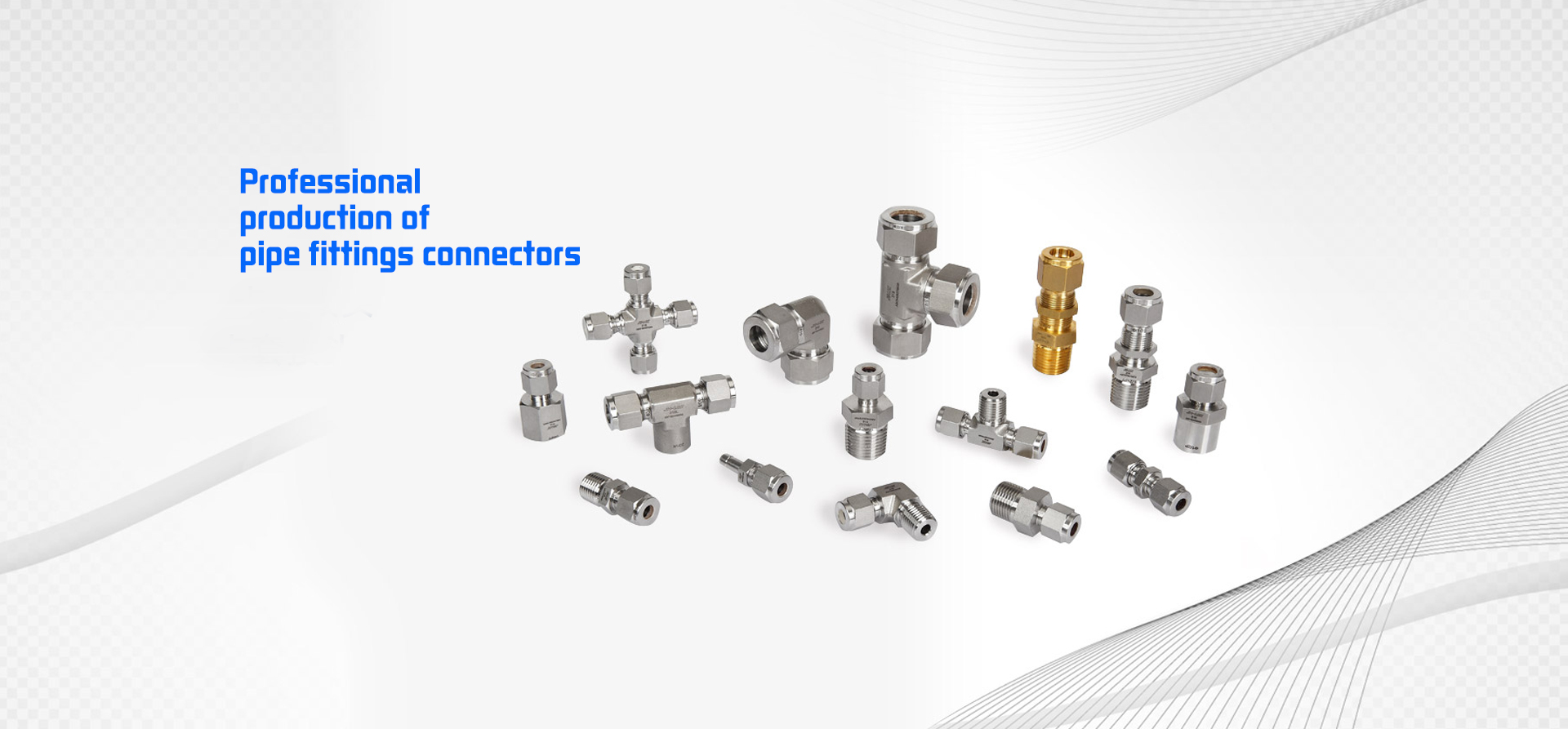When it comes to hydraulic systems operating in harsh environments, selecting the right materials for hydraulic fittings is crucial. These environments can subject hydraulic systems to extreme temperatures, corrosive substances, and high pressures. At Hoson, a leading hydraulic fitting manufacturer, we understand the importance of choosing the right materials to ensure the longevity and reliability of your systems.
Introduction to Hydraulic Fittings
Hydraulic fittings are essential components in hydraulic systems, connecting hoses, pipes, and tubes to various system parts. They play a critical role in ensuring fluid flow and maintaining system integrity. The choice of material for these fittings can significantly impact the system's performance, especially in harsh conditions.
Understanding Harsh Environments
Harsh environments can include a variety of challenging conditions such as:
Extreme temperatures (both high and low)
Corrosive chemicals and substances
High-pressure conditions
Exposure to seawater or salt spray
Abrasive particles and debris
Each of these factors can affect the performance and longevity of hydraulic fittings, making material selection a critical consideration.

Key Material Properties for Harsh Environments
When selecting materials for hydraulic fittings in harsh environments, several properties should be considered:
Corrosion Resistance: The ability to withstand chemical reactions that can degrade the material.
Temperature Tolerance: The capacity to maintain integrity and function at extreme temperatures.
Strength and Durability: The mechanical properties that allow the material to withstand high pressures and mechanical stresses.
Compatibility: The material's ability to function without adverse reactions with the hydraulic fluid used.
Top Materials for Hydraulic Fittings in Harsh Environments
At Hoson, we offer a range of materials for hydraulic fittings that are well-suited to harsh environments. Below, we discuss some of the best options:
1. Stainless Steel
Stainless steel is renowned for its excellent corrosion resistance and durability. It is a preferred choice for environments with exposure to corrosive substances, such as seawater or chemicals. Stainless steel fittings are also known for their ability to withstand high pressures and temperatures.
Advantages of Stainless Steel:
High corrosion resistance
Excellent strength and durability
Good temperature tolerance
2. Brass
Brass fittings are known for their good corrosion resistance, especially in environments where they may come into contact with water. They also offer a good balance of strength and ductility, making them suitable for various applications.
Advantages of Brass:
Good corrosion resistance, particularly to water
Cost-effective compared to other metals
Easy to machine and form
3. Carbon Steel
Carbon steel is a strong and durable material that is often used in high-pressure applications. While it may not offer the same level of corrosion resistance as stainless steel, it can be treated or coated to improve its performance in harsh environments.
Advantages of Carbon Steel:
High strength and durability
Cost-effective
Can be treated for improved corrosion resistance
4. Titanium
Titanium is an excellent choice for extreme environments due to its high strength-to-weight ratio and outstanding corrosion resistance. It is particularly suitable for aerospace and marine applications where weight savings are crucial.
Advantages of Titanium:
Exceptional corrosion resistance
High strength-to-weight ratio
Excellent temperature tolerance
5. Composite Materials
Composite materials, such as reinforced plastics and polymers, are increasingly being used in hydraulic fittings. These materials offer excellent corrosion resistance and can be engineered to meet specific strength and temperature requirements.
Advantages of Composite Materials:
Lightweight and corrosion-resistant
Customizable properties
Non-conductive, reducing the risk of galvanic corrosion
Conclusion
Choosing the right material for hydraulic fittings in harsh environments is essential for ensuring the longevity and reliability of your hydraulic systems. At Hoson, we offer a wide range of materials tailored to meet the demands of various challenging conditions. Whether you require the corrosion resistance of stainless steel, the strength of carbon steel, or the lightweight properties of titanium, we have the expertise and products to meet your needs.
For more information on our hydraulic fittings and material options, please contact Hoson today. Our team of experts is ready to help you select the best solutions for your specific applications.



